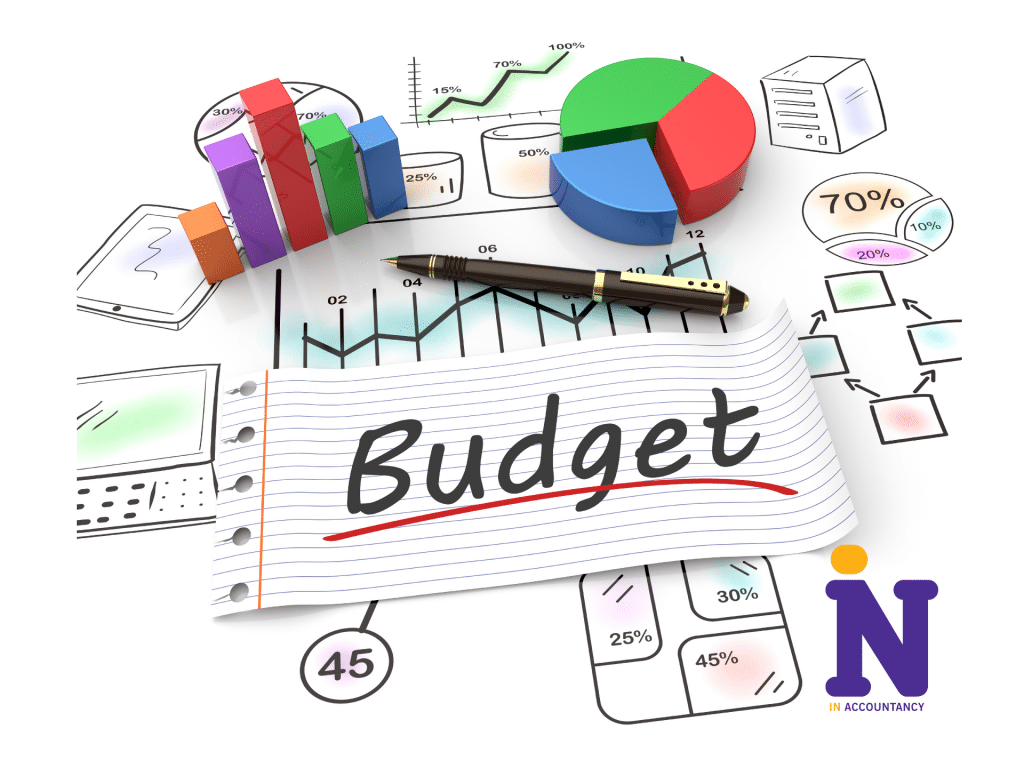Jeremy Hunt’s first Budget announced on Wednesday 15 March 2023 may have been a bit of a damp squib for small business, but after the chaos of Autumn 2022, for accountants, tax advisers, economists and software companies around the country I suspect there was a huge sigh of relief.
So rather than complain about the lack of anything interesting to talk about, perhaps we should remember that sometimes a little bit of stability goes a long way!
So, what was there to talk about? Here’s a link to the full budget document for those of you who are interested in the detail, with a short summary below:
https://www.in-accountancy.co.uk/wp-content/uploads/2023/03/2023-Spring-Budget.pdf
For Business:
Annual Investment Allowance (AIA):
We already knew that the Annual Investment Allowance of £1 million was being made permanent, rather than reverting to £200,000 from April 2023. Remember AIA is available to both incorporated and unincorporated businesses, ie Limited Companies, Sole Traders and Partnerships alike.
Full Expensing and First Year Capital Allowances (FE):
The 130% super-deduction regime, which runs out on 31 March 2023 is to be replaced by what the Government has referred to as ‘Full Expensing’. This is a First Year Allowance (FYA) which allows (incorporated) companies to deduct the full cost of any (new and unused) qualifying plant and machinery from their profits immediately. Advantageous to larger Limited Companies who are spending more than £1 million in any given year.
For other ‘Special Rate Assets’, ie those which do not qualify for Full Expensing such as long life items, integral parts of buildings, solar panels and thermal insulation, the 50% FYA has also been extended to apply to all acquisitions made before 1 April 2026, rather than coming to an end on 31 March 2023 as previously planned.
For those of you investing in electric vehicles, the 100% FYA for charge points has also been extended to 31 March 2025 for corporation tax purposes, and to 5 April 2025 for income tax purposes.
For more on Capital Allowances, please see https://www.gov.uk/topic/business-tax/capital-allowances
Research and Development (R&D) Relief
Turning to R&D Tax Relief for SMEs (Small and Medium Enterprises), again in the Autumn Statement(s) we saw support reduced and restrictions increased in this area with the aim of reducing abuse of the system.
This budget announced some additional benefits to SMEs which are considered ‘R&D intensive’, ie more than 40% of the company’s total expenditure should be on R&D. For such qualifying companies, the 14.5% payable credit for loss making companies has been reinstated.
The only other change to those announced in the Autumn Statement are that the restriction to relief on overseas expenditure has been delayed until 1 April 2024.
See full details of the Autumn Statement here: https://www.in-accountancy.co.uk/resources/news/autumn-statement-2022/
Seed Enterprise Investment Scheme (SEIS)
To encourage more companies to take advantage of SEIS funding, the gross asset limit is to be raised £350,000 and the age limit to three years.
The annual investor limit will also be doubled to £200,000.
For Individuals:
Trusts and Estates
For the 2024-25 tax year there are the following changes:
-
- Trusts and estates with income up to £500 will not pay tax on that income as it arises
- The default basic rate and dividend ordinary rate of tax will be removed for the first £1,000 slice of discretionary trust income
- Beneficiaries of UK estates will not pay tax on income distributed to them that was within the £500 limit for the personal representatives
Childcare
Working parents in England can get 30 hours of free childcare per week for 38 weeks a year, from when their child is nine months old to when they start school.
The plan will be implemented in stages:
-
- From April 2024, working parents of two-year-olds can access 15 hours of free childcare per week
- From September 2024, working parents of children aged nine months to three years old can access 15 hours of free childcare per week
- From September 2025, all working parents of children aged nine months to three years old can access 30 hours of free childcare per week
Pensions
The government aims to encourage inactive individuals to return to work, especially those aged 50 and above, by removing incentives to reduce hours or leave the labor market due to pension tax limits.
Legislation will be introduced in the Spring Finance Bill 2023 and will be effective from April 6, 2023.
The proposal includes several changes to pension tax limits and allowances:
-
- The Annual Allowance will increase from £40,000 to £60,000
- The Money Purchase Annual Allowance will increase from £4,000 to £10,000
- The income level for the tapered Annual Allowance will increase from £240,000 to £260,000
- Nobody will face a Lifetime Allowance charge
- The maximum an individual can claim as a Pension Commencement Lump Sum will be limited to 25% of the current Lifetime Allowance (£268,275), except where previous protections apply
- The taxation of the Lifetime Allowance excess lump sum, serious ill-health lump sum, defined benefits lump sum death benefit, and uncrystallised funds lump sum death benefit will change to be taxed at an individual’s marginal rate
As ever if you have any questions at all about the impact this budget may have on you or your business, please do not hesitate to contact the IN Team, who will be happy to help ????







